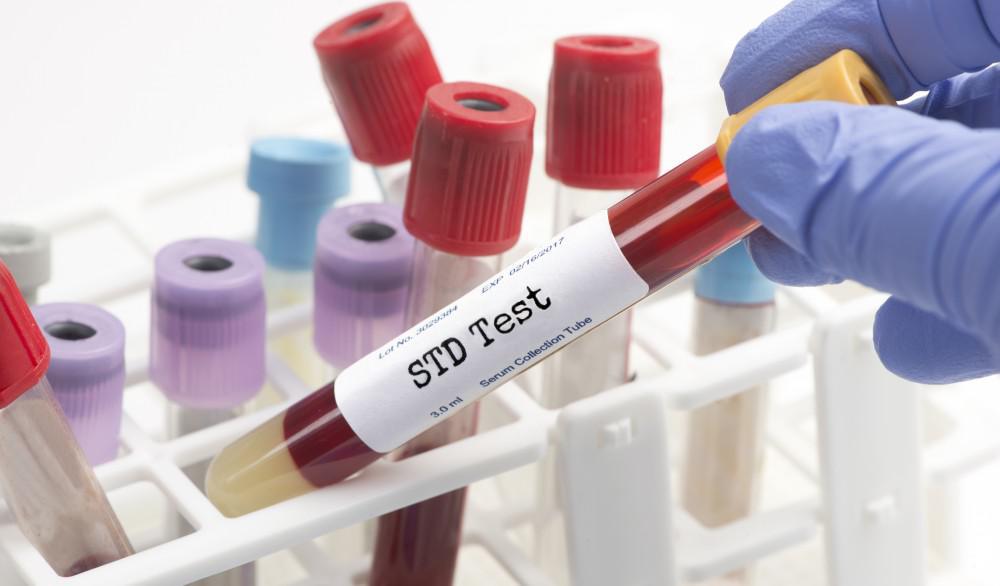In 2018 alone, the US had more than 2 million cases of the most common sexually transmitted diseases. Left untreated, many STDs can affect pregnancy and increase risk of other conditions and many long-term complications. Sexually active men and women are at risk for many different STDs, but there are ways to narrow the focus on what tests patients need to be concerned about. Getting tested is not only an important way to get treated for STDs, but it’s important for partners to be informed and get tested as well.
Dr. Nathalie Bastien-Montpeirous and RevaMed Primary Care Associates are experienced in testing and treating patients for STDs and many other conditions in the Boynton Beach, Boca Raton, and Greenacres, Florida, area.
When to be tested for STDs
Many STDs can go without symptoms, so it’s possible to spread them without even realizing it. So a patient’s personal history may also affect the chances of certain conditions, as you may have something and not know it. If someone is sexually active, even if it’s with just one person, you are at risk for getting an STD. Sharing needles can also put you at risk. Additionally, if you are seuxally active with multiple partners or pregnant, or are having intercourse with the same sex, you should be tested at least once year. This should be above and beyond any testing done during an annual wellness exam, as all STDs are not routinely checked.
The STDs to look out for
Here are some conditions to consider for STD testing:
- Chlamydia
- Gonorrhea
- Syphilis
- HIV
- HPV
- Hepatitis B
- Herpes
- Trichomoniasis
Chlamydia, gonorrhea, and syphilis are the most common infections, and most STD screens will test for those. However HIV, HPV, hepatitis B, herpes and trichomoniasis are also quite common but don’t always come with immediate symptoms, so they can be easily missed. Some of these conditions make it easier to catch others and, without treatment, can weaken the immune system, cause pelvic inflammatory disease, infertility, and cancer. Pregnant women should also be tested and treated to assess and control the risk to the mother and the child. Some STDs can be contracted genetically.
Methods of treatment
Testing — like urinalysis, blood screenings and, for women, Pap smears — for many of these conditions are similar. Antibiotics, antivirals, and vaccines are used to treat many conditions with some conditions requiring long-term treatment, like HIV. Herpes can become chronic, so repeated treatment may be necessary.
STDs can be treated, but testing is vital to treatment. Make an appointment with Dr. Bastien-Montpeirous and RevaMed Primary Care Associates to get the testing and treatment you need.

